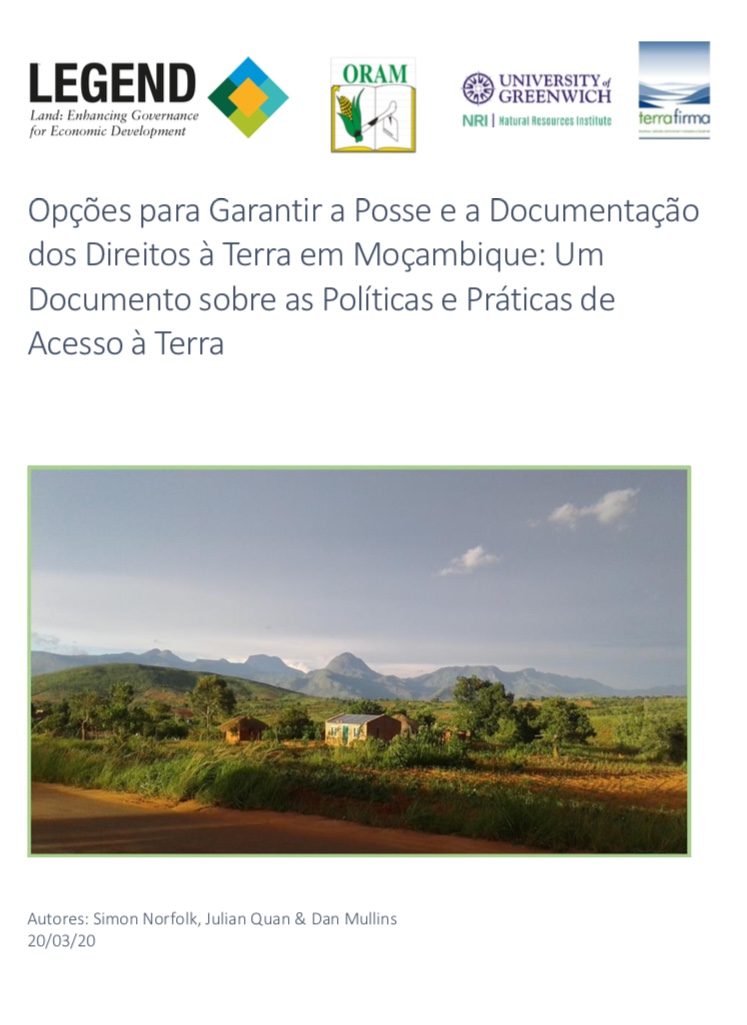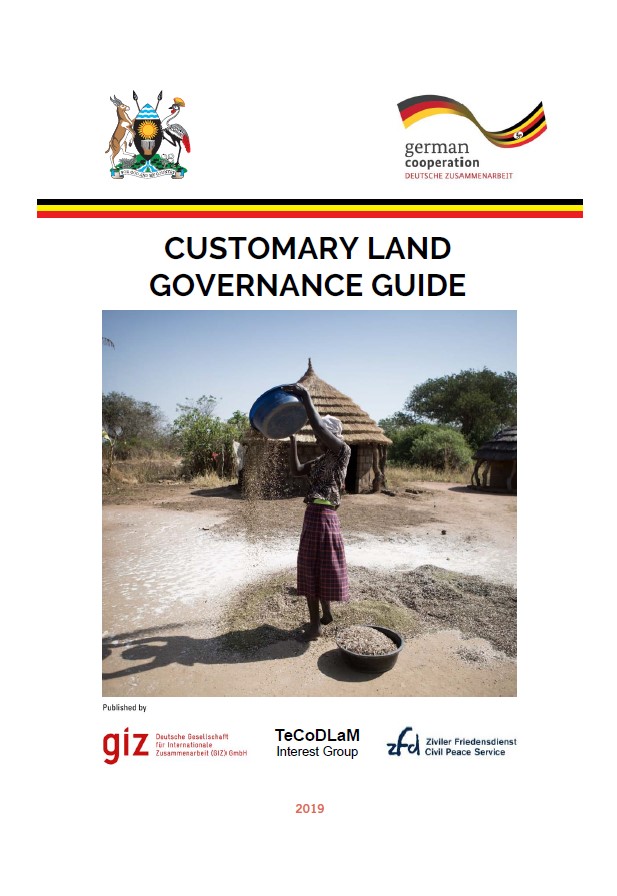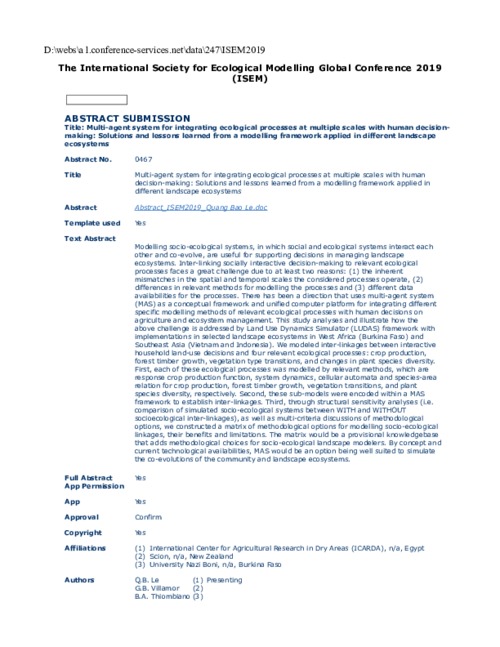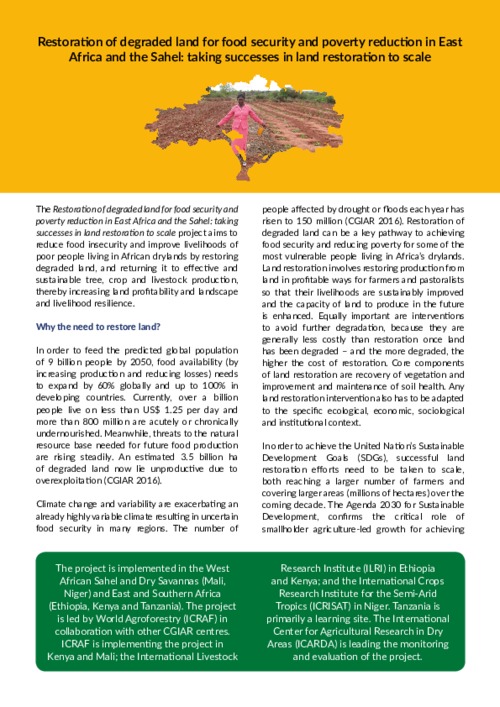Um dos principais aspectos do quadro legal moçambicano de terras é que os cidadãos Moçambicanos podem adquirir direitos de posse por herança, por ocupação pacífica ou por canais costumeiros. Estes usufruem de direitos de posse, conhecidos pelo acrônimo em língua portuguesa 'DUAT…
With the current population of 40 million and 213 inhabitants per km², Uganda is one of the most densely populated countries in Africa. Yet land is a fixed asset. Of all the land in Uganda, approximately 80% of the land area is administered under customary tenure system and approximately 5% only…
Uganda has been struggling to maintain a conventional (European-type) land administration system for a long time but has faced many challenges including lack of funding, inadequate skill force and long- winded procedures. Up to present, the country has only managed to record less…
Land in Uganda is a delicate resource that has caused many conflicts over the past years. About 80% of pending court cases in the country relate to land today. Looking at the country’s violent history, a rising population and increasing impact of climate change on agriculture productivity, land…
This paper examines the intersections between youth access to land, migration decisions and employment opportunities using nationally representative and multi-year data from multiple African countries. We document evidence on the evolving dynamics in land distribution and ownership patterns, the…
A narrative on rural youth in Africa has continued to evolve in policy circles around the world. Much of it is driven by population statistics that point to an imminent youth bulge in Africa and concerns about a poor economic outlook (stagnation) for African productivity and growth. Fears of…
This Template is designed for standardized description of Sustainable Livestock Management Options by Context (SLiM OxC), in which sustainable livestock management option and its social, economic and ecological contexts are systematically characterized. The SLiM OxC is adaptively developed based…
Land Degradation Neutrality is a new way of approaching land degradation that acknowledges that land and land-based ecosystems are affected by global environmental change as well as by local land use practices. Achieving the target of a land degradation neutral world encourages adaptive…
Responsible Land Policy in Uganda (RELAPU) is a project implemented by the German International Cooperation (GIZ) and financed by the German Federal Ministry for Economic Cooperation and Development (BMZ). BMZ created the Special Initiative “One World, No Hunger”, aimed at eradicating extreme…
Modelling socio-ecological systems, in which social and ecological systems interact each other and co-evolve, are useful for supporting decisions in managing landscape ecosystems. Inter-linking socially interactive decision-making to relevant ecological processes faces a great challenge due to…
.
The Restoration of degraded land for food security and poverty reduction in East Africa and the Sahel: taking successes in land restoration to scale project aims to reduce food insecurity and improve livelihoods of poor people living in African drylands by restoring degraded land, and returning…






